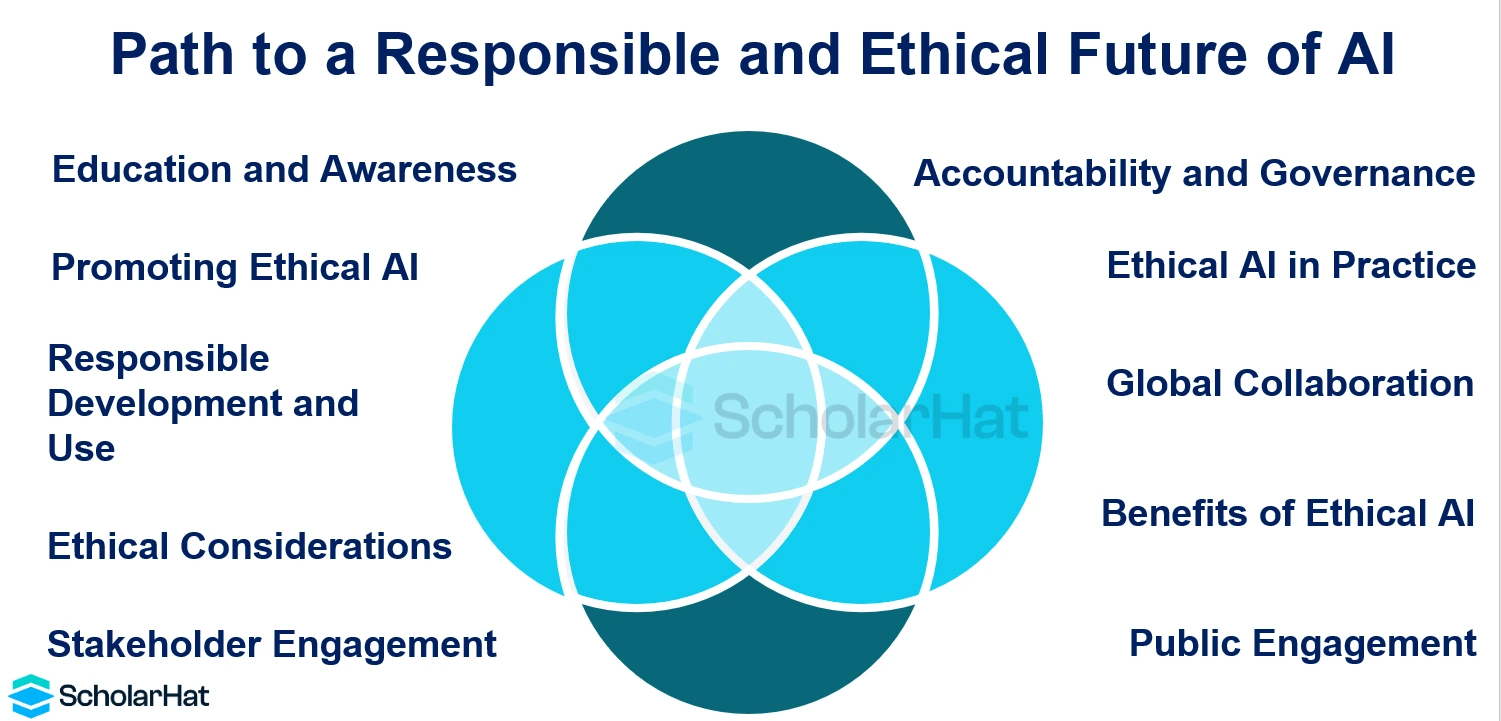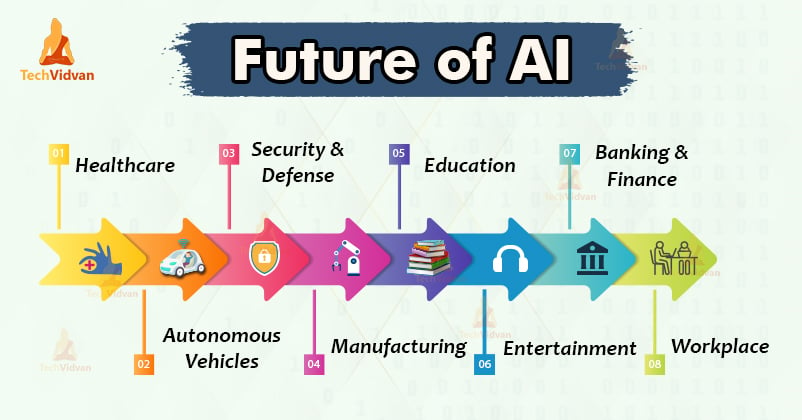Unveiling the Tapestry of Latest Developments in Artificial Intelligence
Unveiling the Tapestry of Latest Developments in Artificial Intelligence
Introduction:
Artificial Intelligence (AI) is not merely a field of technology but a rapidly evolving ecosystem that continues to redefine the boundaries of human innovation. Over the past few years, significant advancements have propelled AI into new realms, revolutionizing industries, augmenting human capabilities, and sparking ethical debates. This essay endeavors to explore the latest developments in AI, encompassing breakthroughs in various domains, ethical considerations, and the future trajectory of this transformative technology.
Advancements in Machine Learning:
Machine learning, a subset of AI, has witnessed remarkable progress, fueled by advancements in algorithms, computing power, and data availability. One notable development is the rise of transformer architectures, such as GPT (Generative Pre-trained Transformer) models, which have demonstrated unprecedented capabilities in natural language understanding, generation, and translation. These models, characterized by their self-attention mechanism, have paved the way for applications like language translation, content generation, and dialogue systems, pushing the boundaries of AI in linguistic tasks.
Furthermore, reinforcement learning (RL) has seen significant strides, particularly in the domain of autonomous systems. Deep RL algorithms have achieved remarkable feats in complex tasks such as robotics, autonomous driving, and game playing. The integration of deep learning with RL has enabled agents to learn from high-dimensional sensory inputs, leading to more proficient decision-making and adaptive behavior in dynamic environments.

Ethical Considerations and Responsible AI: Amidst the rapid progress in AI, ethical considerations have garnered increased attention. The proliferation of AI systems raises concerns regarding bias, fairness, accountability, and transparency. Instances of algorithmic bias in areas like recruitment, criminal justice, and healthcare have underscored the importance of mitigating biases and ensuring equitable outcomes.
Moreover, the advent of deepfake technology, powered by AI, has raised alarms regarding misinformation and digital manipulation. Deepfake algorithms can convincingly alter audio and video content, posing significant threats to privacy, security, and trust in media. Addressing these ethical challenges requires a multi-stakeholder approach, encompassing policymakers, technologists, ethicists, and civil society to establish robust frameworks for responsible AI development and deployment.

Applications in Healthcare and Life Sciences:
In the realm of healthcare and life sciences, AI has emerged as a transformative force, driving innovations in disease diagnosis, drug discovery, and personalized medicine. Machine learning algorithms analyze vast amounts of medical data, including genomic sequences, imaging scans, and electronic health records, to facilitate early detection, treatment optimization, and drug repurposing.
Furthermore, AI-powered medical imaging technologies, such as convolutional neural networks (CNNs), have demonstrated exceptional accuracy in detecting anomalies and assisting clinicians in diagnostic tasks. Additionally, natural language processing (NLP) models facilitate the extraction of valuable insights from unstructured clinical notes, enabling healthcare providers to make data-driven decisions and improve patient outcomes.
.png)
Future Directions and Challenges:
Looking ahead, the trajectory of AI promises continued innovation and transformation across diverse domains. Advancements in AI ethics, interpretability, and human-AI collaboration will be pivotal in fostering trust and acceptance of AI technologies. Additionally, addressing the challenges of data privacy, security, and regulatory compliance will be imperative to ensure responsible AI deployment.
Moreover, interdisciplinary research at the intersection of AI and other fields such as neuroscience, quantum computing, and materials science holds promise for unlocking new frontiers of innovation. Collaborative efforts to harness the synergies between AI and emerging technologies will drive solutions to complex societal challenges and pave the way for a more sustainable and inclusive future.
Conclusion:
The latest developments in AI represent a confluence of technological prowess, ethical imperatives, and societal impact. From breakthroughs in machine learning to ethical considerations and transformative applications in healthcare, AI continues to redefine the possibilities of human ingenuity. As we navigate this era of AI-driven innovation, it is paramount to uphold principles of ethics, transparency, and accountability, ensuring that AI serves as a force for good in advancing human welfare and collective progress.
Compiled by: Pratiksha Bisht


Comments
Post a Comment